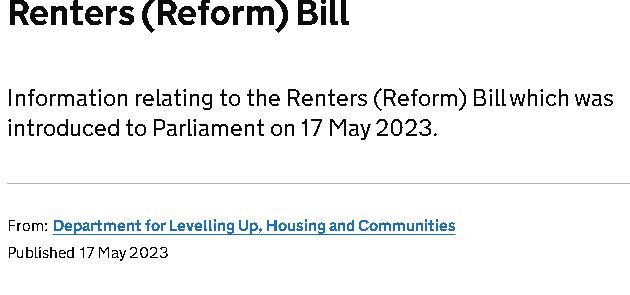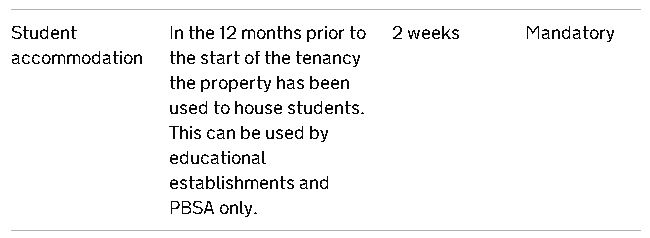Renters Reform Bill – Implication for Student Accommodation

On May 17th, the much-anticipated Renters Reform Bill was released by the government, included within it are the potential implications for landlords within the student accommodation sector. You can read the full government guidance here, and the legislation here.
Amongst many other reforms, the Bill introduces pivotal changes, including the elimination of fixed-term tenancies and ‘no fault’ evictions. These amendments, while aimed at enhancing renters’ security, will introduce a layer of uncertainty for landlords catering to the student accommodation market. As a result of these changes, landlords will only be able commence advertising their properties once existing tenants provide notice of their intention to leave. Furthermore, tenants will now have the flexibility to terminate their tenancies at any point during the academic year. These changes will significantly disrupt the previously predictable rental cycle associated with student accommodations.
A diverse range of stakeholders, including the Select Committee, industry associations, landlords, and agents, have shared their concerns about these changes with the government. They highlighted the potential impact on the student accommodation market. You can read our correspondence with the Department for Levelling Up Housing & Communities here. Despite these detailed insights, the government has chosen to proceed with the proposed changes only including an exemption for educational establishments and PBSA.
The legislation provides an exemption for “educational establishments and Purpose-Built Student Accommodation (PBSA)” – which include large, dedicated housing facilities for students. The Secretary of State will define which landlords qualify for this exemption, those who do will have the ability to evict tenants with a 2-week notice.
It’s crucial to remember that this is a draft legislation and is yet to undergo thorough debates and scrutiny in the House of Commons and House of Lords. These discussions, likely to extend over several months, present an opportunity for amendments.

We’ll provide a more detailed update on the rest of the proposed legislation soon.
